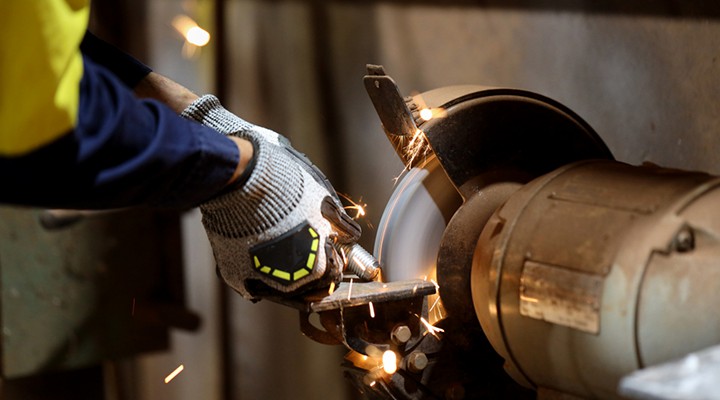


 349,500 Offered Certificates
349,500 Offered Certificates
 24/7 Online Training
24/7 Online Training
 Money Back Guarantee
Money Back Guarantee
 Fully Accredited Courses
Fully Accredited Courses

Created at: 22-02-2025 19:50
Abrasive wheels are essential tools in various industries, but improper handling can lead to significant accidents and damage. In bustling cities like Dublin, Cork, Galway, Limerick, and Waterford, workers often face hazards related to abrasive wheel operations, making comprehensive training crucial for safety and efficiency.
Abrasive wheels are utilized for cutting, grinding, and polishing materials. While these tools are effective, their handling requires precision and knowledge to prevent mistakes that could lead to injury or equipment failure. Let's delve into the most common errors workers make when using abrasive wheels and how these mistakes can be mitigated through proper training.
One of the most prevalent mistakes is the improper usage of abrasive wheels. This includes:
For example, a worker in Galway recently faced an injury due to using an abrasive wheel not designed for metal cutting, resulting in a blade shattering and causing lacerations. Proper training in selecting and using the right wheels would have prevented this incident.
Many workers fail to conduct a proper risk assessment before operating abrasive wheels. This oversight can contribute to an unsafe working environment. Common risk assessment omissions include:
A specific case in Limerick involved an operator beginning work without evaluating surrounding hazards, unknowingly placing themselves in a risky environment. Comprehensive training can empower workers to perform necessary assessments, ensuring safety at all times.
Even with the right equipment and assessments, negligence in adhering to safety procedures remains a primary issue. Common failures include:
For instance, in Waterford, a worker sustained an eye injury because they were not wearing protective goggles while cutting materials, highlighting the critical need for some training in PPE protocols.
Implementing rigorous training programs is essential in preventing these common mistakes. Here’s how training can address the identified errors:
Certifying workers through courses such as Certified Abrasive Wheels Training can significantly reduce the occurrence of accidents.
With the potential risks associated with abrasive wheels, investing in training is non-negotiable for businesses in Dublin, Cork, Galway, Limerick, Waterford, and beyond. By addressing common mistakes through certified courses and emphasizing safety procedures, organizations can cultivate an environment where workers prioritize safety.
Consider enrolling your team in an Abrasive Wheels Course in Ireland today to minimize risks and promote operational excellence.
For more information on our training courses, contact us at [email protected].